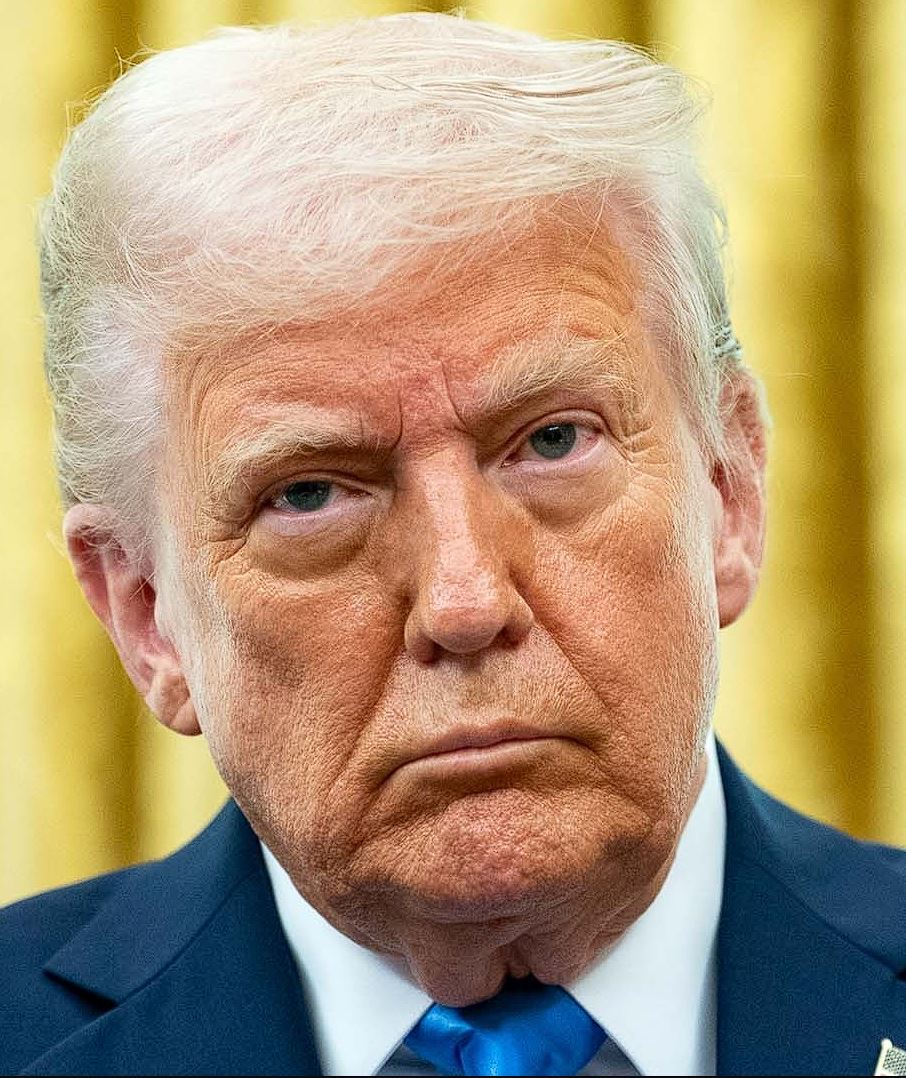The new measures are striking in their scale. Imports from China will now face a 53% duty. Goods from the European Union and South Korea will be taxed at 20%, while all other trading partners will incur a baseline tariff of 10%. Trump and his team argue the tariffs will revive U.S. manufacturing, generate revenue, and protect the nation from future supply chain shocks—a weakness exposed during the pandemic.
But economists warn of serious consequences. Ken Rogoff, former chief economist at the International Monetary Fund, called the move akin to “dropping a nuclear device on the global trading system,” and estimated the likelihood of a U.S. recession has now risen to 50%.
International response was swift. Allies such as Japan and South Korea signaled potential countermeasures, raising the risk of a global trade war. Critics argue Trump is dismantling the post–World War II economic order that helped build American prosperity and global influence.
Yet Trump sees the policy as a form of economic emancipation. “For too long, hardworking Americans watched other nations prosper at our expense,” he declared. “Today, we begin the work of making America wealthier and more independent than ever before.”
He described the tariffs as his most enduring legacy—greater than military decisions, geopolitical shifts, or institutional reforms. As he looked ahead, he offered a note of tempered confidence. “In years to come, you’ll see that we made the right choice,” he said.
Whether history will judge this bold gamble as visionary leadership or a costly misstep remains uncertain. But one thing is clear: Trump has once again placed a major bet on his unshakable instincts.

